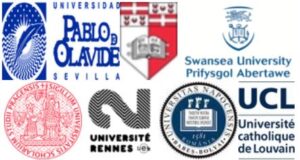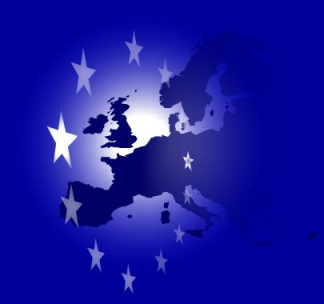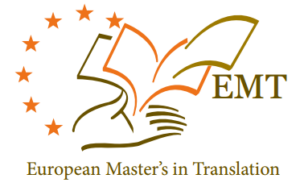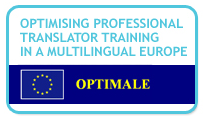Label European Master in Translation (EMT)
EMT, or « European Master of Translation », is a quality label which applies to Master’s level translation programs. It may be issued to higher education programs that meet quality criteria commonly recognized in the field of translators training. It is validated by the translation services of the European Commission.
The MTLC2M Master’s degreee of Rennes is part of the EMT network.
The EMT project aims to improve the quality of translators training in the EU and to promote exchanges between higher education institutions offering such trainings.
Cooperation between universities: OTCT project
The OTCT project is based on the progress made by the OPTIMALE network, the Erasmus academic network of 70 partners (universities and professional language services) around professional translation.
Participation of 7 European universities
The project involves students and teachers from seven university programs offering a translation processing (University of Rennes 2, France ; HE Vinci, Brussels, Belgium ; Swansea University, UK ; Univerzita Karlova V Praze, Prague, Czech Republic ; Universitatea Babes-Bolyai University, Cluj-Napoca, Romania ; Universita ta Malta, Malta ; Universidad Pablo de Olavide, Seville, Spain).

Project goals

The OTCT project aims to facilitate the integration of professional practices in translation training through intensive sessions of collaborative technical translation in a simulation of professional conditions (referred to as “Tradutech session”), and exchange of good practices and resources on educational projects in translation training.
The OTCT project is a strategical partnership Erasmus +, co-financed by the European Union
AFFUMT: French Association of University training in the translation professions
This association aims to enable organizations it represents – schools, universities and other components of academic institutions offering training programs to the translation business – to coordinate their actions to ensure the best initial and continuing training to future professionals of translation professions: translators, localizers, subtitlers, multilingual writers, terminologists, phraseologists, translation researchers, tool developers, etc.
Specific goals of the AFFUMT
- Make suggestions for the evolution of academic programs and training methods
- Encourage collaboration in the areas of teaching, research and professional insertion
- Facilitate exchanges of students and teachers
- Contribute to the initial and continuing training of teachers
- Contribute to the equipment of member organizations
- Represent the training and the teachers for the supervisory agencies and the national and international institutions
- Maintain relations with professional associations
- Promote translation activities and translation professions
- Promote research on the translation professions, their objects and conditions of exercise, the professional practices, and the training
University-Business cooperation: the OPTIMAL project
OPTIMALE is an Erasmus academic network funded by the Directorate-General for Education and Culture (EU). This project brings together 64 European universities, one representative from the professional world and five universities from other countries, for three years from October 2010 to September 2013.
This project was coordinated by Mr Daniel TOUDIC, an emblematic figure of the CFTTR.
OPTIMALE aims to strengthen innovation and quality assurance in the training of professional translators. It thus completes the work undertaken by the EMT network created in 2009 by the Directorate-General for Translation of the European Commission.
Thus, during the three years, OPTIMALE pursued the following objectives:
- Map the translation programs at European level.
- Identify new socioeconomic needs in professional translation, and the new skills required by the translation professions.
- Strengthen the relevance of translator training programs by identifying and disseminating good practice in a certain number of key areas.
- Promote the quality of the training of teachers in setting up a platform for exchange of resources and organizing workshops on teaching practices.




